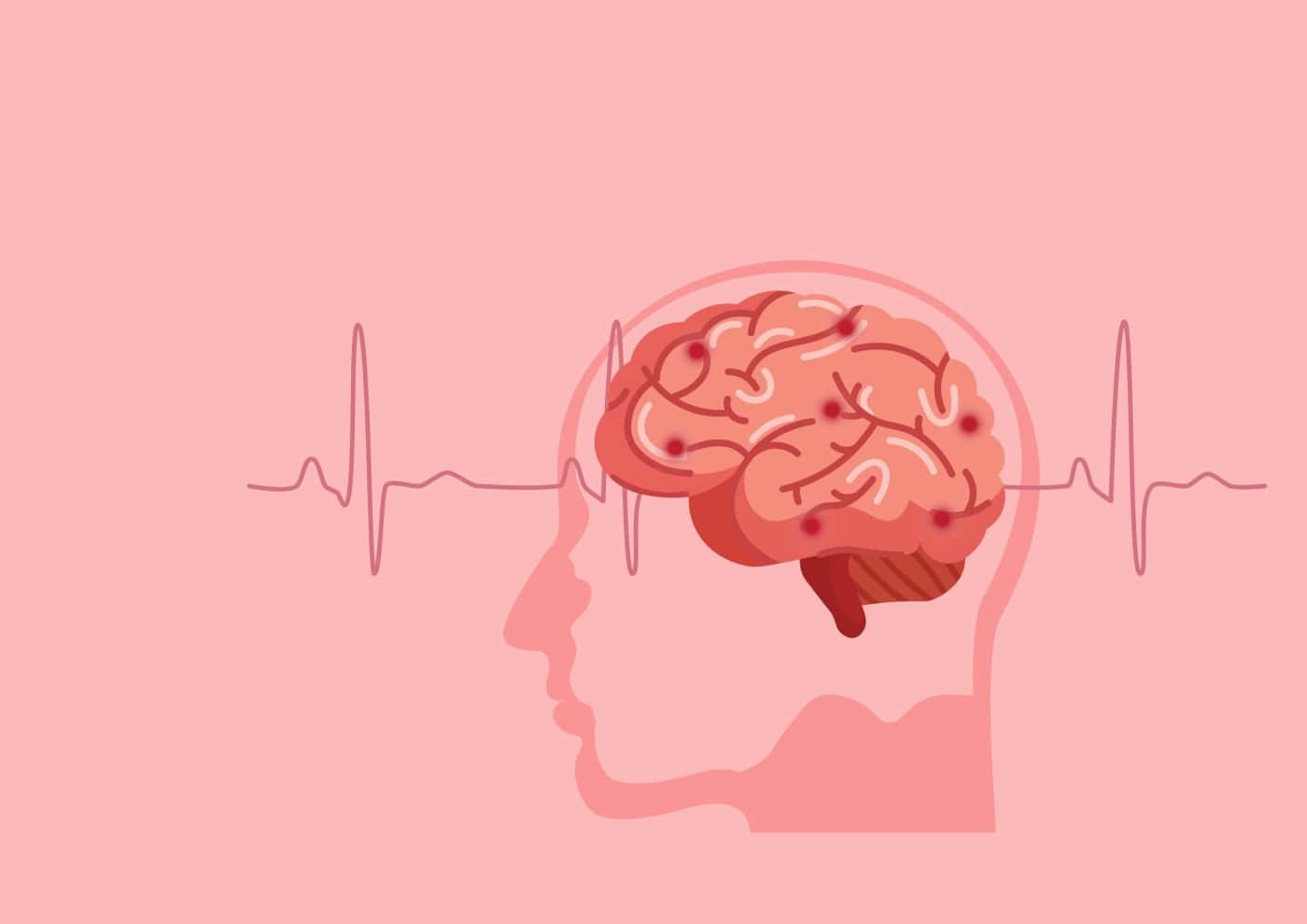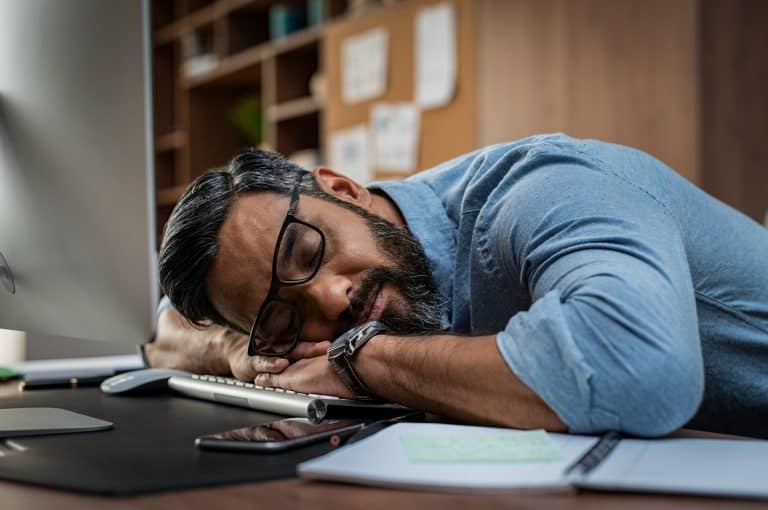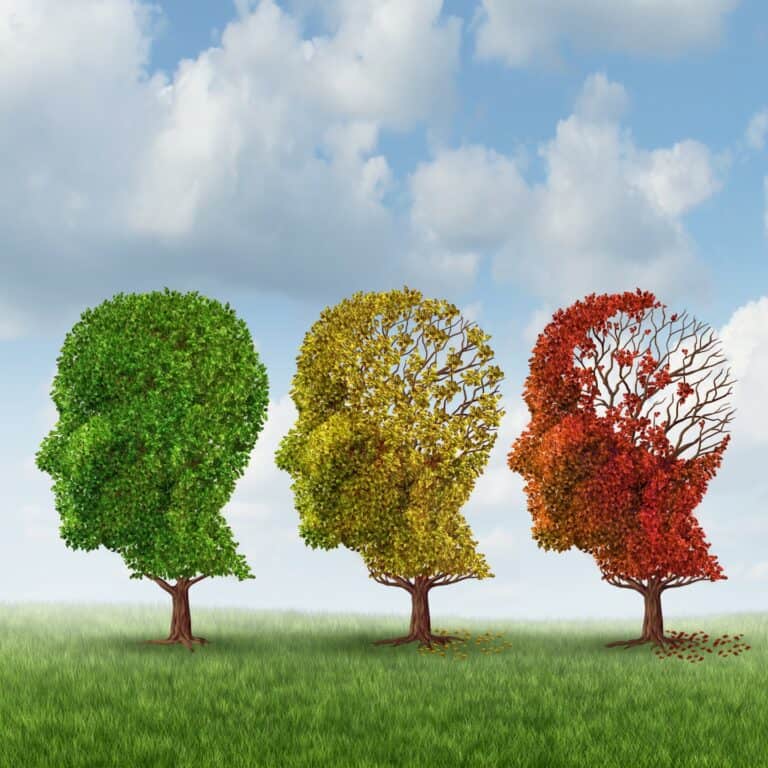
10 Things you might not know about stroke
- Strokes don’t just affect elderly people. 25% of strokes occur in people who are under 65, and the number of strokes occurring in people aged 40-50 is rising. Strokes in younger people often take longer to be diagnosed, with symptoms, on occasion, being passed off as migraines or panic attacks. Sometimes, as a result of these incorrect assumptions, crucial treatment is delayed.
- A third of people will suffer from communication problems such as aphasia (affecting the ability to read or write, speak or understand speech) or dysarthria (the weakening of the muscles which control speaking, affecting clarity of speech). This can be incredibly frustrating and may have a psychological effect on the stroke survivor if their ability to socialise is negatively affected. This leads on to the next point…
- Stroke might impact on friendships and relationships. Ongoing stroke symptoms can be frustrating and confusing for survivors, their friends and families. Social interaction may be difficult, and embarrassment about the physical and emotional effects of stroke sometimes leads survivors to withdraw from social situations. This can result in social isolation and difficulties instigating and/or maintaining romantic relationships.
- Fatigue can be overwhelming. Pathological fatigue can occur following stroke and this may not improve, even after rest. It is very commonly experienced and for many, it can be the most difficult symptom to manage. Fatigue is experienced differently by each person, but symptoms include a feeling of exhaustion or overwhelming tiredness, weakness and a lack of energy, low motivation, difficulty concentrating and thinking clearly, struggling to make decisions, and difficulty controlling emotions. It can prevent stroke survivors getting on with their everyday life.
- Emotional and behavioural changes sometimes have worrying consequences. Stroke impacts the brain, which controls our behaviours and emotions, so it’s unsurprising that after stroke people may experience irritability, anger, anxiety or confusion. It is also common to act impulsively, be less inhibited and have difficulties anticipating consequences following damage to the brain. This can lead to problematic behaviours, such as financial irresponsibility, or being unable to read social situations, which might result in dangerous social situations.
- Up to 5% of people experience hallucinations after stroke. These can be auditory or visual. Visual hallucinations can be due to a loss of vision (as the brain ‘fills in the gaps’ of your vision and generates images) or due to damage in the midbrain (causing vivid and colourful hallucinations of animals, patterns or shapes). Some people experience tastes, smells or sensations that aren’t there or develop delusions (strong beliefs about something that is untrue), which may cause fear or paranoia. These symptoms can be experienced even if someone doesn’t experience physical symptoms, and they may not start until weeks or even months after the stroke.
- Around 75% of people have ‘executive dysfunction’ after stroke. This can cause issues with multi-tasking, completing tasks, planning and organisation. They can impede a stroke survivor’s return to work after a brain injury. Even simple tasks such as cooking a basic meal can feel like too much, due to difficulties in thinking ahead and planning the sequence of steps needed to complete a task.
- Sensory changes are common. After a stroke, increased sensitivity to stimuli such as noise, touch, texture or even taste is common. Noisy or crowded environments can be particularly stressful after a stroke. Conversely, some stroke survivors develop hypoesthesia, which is a loss of sensation to touch. This can lead to safety risks such as burning or scalding accidents, so extra care needs to be taken if hypoesthesia is present. It’s not all bad news though, because…
- The brain has an amazing ability to ‘re-wire’ itself. Neuroplasticity is the ability of neural networks in the brain to change, through finding new pathways to bypass damaged areas of the brain, and by recruiting other areas of the brain to take over lost functions. The brain is able to adapt and reorganise, to re-learn old skills and to even master new skills after a stroke.
- There is more support out there than you might think. There are a number of organisations available to provide help, support and advice for people who have had a stroke, as well as support for their families and loved ones. Different Strokes is a fantastic charity. They are passionate about helping younger stroke survivors (those still of working age) and their families. Headway, the Brain Injury Association, offers support and advice to people who have suffered all types of brain injury, including stroke. A wealth of information can also be found at the Stroke Association and the on the NHS website.
How can a legal claim help?
Embarking on a legal claim may seem daunting, particularly if you are struggling with the after-effects of stroke. We understand the impact this may have had on you and the people close to you.
We are experts in dealing with the unique challenges of claims related to strokes, including failures to prevent a stroke from occurring, and/or a delay in diagnosis/treatment of stroke. We work hard to support you through every step of the process.
For a free, no obligation chat, please call us on 020 3925 9638.










